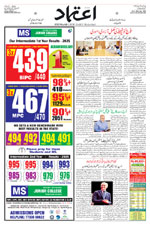Iraqi Troops Inch Ahead in Mosul as UN Says Chemicals Used
Sat 12 Nov 2016, 00:37:56
Iraqi troops inched ahead in their battle to retake the northern city of Mosul from the Islamic State group on Friday, as the U.N. revealed fresh evidence that the extremists have used chemical weapons.
Exchanging small arms and mortar fire with IS positons, the special forces entered Mosul's Qadisiya neighborhood, advancing slowly to avoid killing civilians and trying to avoid being surprised by suicide car bombers, said Brig. Gen. Haider Fadhil.
Regular army troops control 90 percent of the Intisar neighborhood, said one officer, but progress had slowed because "the streets are too narrow for our tanks." He spoke on condition of anonymity because he was not authorized to brief reporters.
Iraqi troops are converging from several fronts on Mosul, the second-largest city and the last major IS holdout in Iraq. Kurdish peshmerga forces are holding a line north of the city, while Iraqi army and militarized police units approach from the south, and government-sanctioned Shiite militias guard western approaches.
The offensive has slowed recently as the special forces — the troops that have advanced the farthest — push into more densely populated areas of eastern Mosul, where they cannot rely as much on airstrikes and shelling because of the risk to civilians who have been told to stay in their homes.
To the northeast of Mosul, in the formerly IS-held town of Bashiqa, the Kurdish commander responsible for military operations said his forces are still working to secure the northern Iraqi town but that booby traps were holding up the advance.
Gen. Hamid Effendi told The Associated Press that he estimates more than a thousand unexploded bombs could remain buried. Over 100 IS fighters have been killed in combat, he added, but injured fighters likely remain in defensive tunnels built by the militants.
To the south, some 20 kilometers from Mosul, Iraqi forces paused their advance to
prepare for a push to take Mosul airport on the city's southern edge. Advancing from Qayara air base over the past month, Iraq's army and federal police have cleared tens of villages along the Tigris river valley and in Nineveh desert.
Now, Iraqi forces say they are preparing for an assault on the southern edge of the city itself, which is likely to yield stiff IS resistance comparable to what Iraqi forces faced in Mosul's east earlier this month.
Federal Police Brig. Gen. Shaker Alwan al-Kafaj said that when his men retook the town of Hamam al-Alil, some 20 kilometers south of Mosul, they uncovered what Iraqi officials say is a mass grave.
"The most powerful resistance for us was here," he said of the fight for the last town to Mosul's south.
Meanwhile, the U.N. human rights office cited new details on Thursday as proof that IS is using chemical weapons, which many fear the extremist group has and is saving for an even more brutal endgame should they be cornered or about to lose the city, still home to more than a million people.
Amid concerns about IS' use of human shields in the city, rights office spokeswoman Ravina Shamdasani said four people died from inhaling fumes after IS shelled and set fires to the al-Mishrag Sulfur Gas Factory in Mosul on Oct. 23.
Speaking to reporters in Geneva, Shamdasani said reports indicated IS has stockpiled "large quantities" of ammonia and sulfur that have been placed in the same areas as civilians. "We can only speculate how they intend to use this," she said, "We are simply raising the alarm that this is happening, that this is being stockpiled."
Shamdasani said the rights office did not know how IS intended to use the chemicals, but pointed to the requirement under international humanitarian law to protect civilians located near them.
U.N. officials say about 48,000 people have now fled Mosul since the government campaign began on Oct. 17.
Exchanging small arms and mortar fire with IS positons, the special forces entered Mosul's Qadisiya neighborhood, advancing slowly to avoid killing civilians and trying to avoid being surprised by suicide car bombers, said Brig. Gen. Haider Fadhil.
Regular army troops control 90 percent of the Intisar neighborhood, said one officer, but progress had slowed because "the streets are too narrow for our tanks." He spoke on condition of anonymity because he was not authorized to brief reporters.
Iraqi troops are converging from several fronts on Mosul, the second-largest city and the last major IS holdout in Iraq. Kurdish peshmerga forces are holding a line north of the city, while Iraqi army and militarized police units approach from the south, and government-sanctioned Shiite militias guard western approaches.
The offensive has slowed recently as the special forces — the troops that have advanced the farthest — push into more densely populated areas of eastern Mosul, where they cannot rely as much on airstrikes and shelling because of the risk to civilians who have been told to stay in their homes.
To the northeast of Mosul, in the formerly IS-held town of Bashiqa, the Kurdish commander responsible for military operations said his forces are still working to secure the northern Iraqi town but that booby traps were holding up the advance.
Gen. Hamid Effendi told The Associated Press that he estimates more than a thousand unexploded bombs could remain buried. Over 100 IS fighters have been killed in combat, he added, but injured fighters likely remain in defensive tunnels built by the militants.
To the south, some 20 kilometers from Mosul, Iraqi forces paused their advance to
prepare for a push to take Mosul airport on the city's southern edge. Advancing from Qayara air base over the past month, Iraq's army and federal police have cleared tens of villages along the Tigris river valley and in Nineveh desert.
Now, Iraqi forces say they are preparing for an assault on the southern edge of the city itself, which is likely to yield stiff IS resistance comparable to what Iraqi forces faced in Mosul's east earlier this month.
Federal Police Brig. Gen. Shaker Alwan al-Kafaj said that when his men retook the town of Hamam al-Alil, some 20 kilometers south of Mosul, they uncovered what Iraqi officials say is a mass grave.
"The most powerful resistance for us was here," he said of the fight for the last town to Mosul's south.
Meanwhile, the U.N. human rights office cited new details on Thursday as proof that IS is using chemical weapons, which many fear the extremist group has and is saving for an even more brutal endgame should they be cornered or about to lose the city, still home to more than a million people.
Amid concerns about IS' use of human shields in the city, rights office spokeswoman Ravina Shamdasani said four people died from inhaling fumes after IS shelled and set fires to the al-Mishrag Sulfur Gas Factory in Mosul on Oct. 23.
Speaking to reporters in Geneva, Shamdasani said reports indicated IS has stockpiled "large quantities" of ammonia and sulfur that have been placed in the same areas as civilians. "We can only speculate how they intend to use this," she said, "We are simply raising the alarm that this is happening, that this is being stockpiled."
Shamdasani said the rights office did not know how IS intended to use the chemicals, but pointed to the requirement under international humanitarian law to protect civilians located near them.
U.N. officials say about 48,000 people have now fled Mosul since the government campaign began on Oct. 17.
No Comments For This Post, Be first to write a Comment.
Most viewed from International
Most viewed from World
AIMIM News
Latest Urdu News
Most Viewed
May 26, 2020
Which Cricket team will win the IPL 2025 trophy?
Latest Videos View All
Like Us
Home
About Us
Advertise With Us
All Polls
Epaper Archives
Privacy Policy
Contact Us
Download Etemaad App
© 2025 Etemaad Daily News, All Rights Reserved.

.jpg)
.jpg)
.jpg)
.jpg)
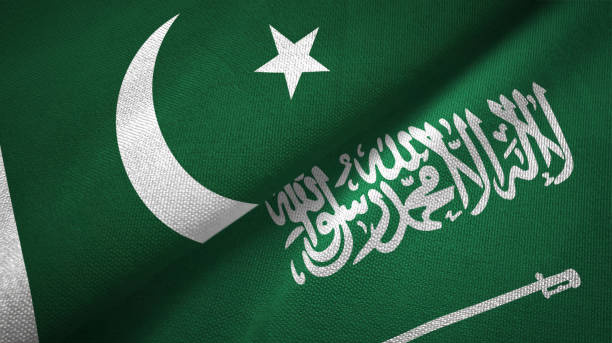

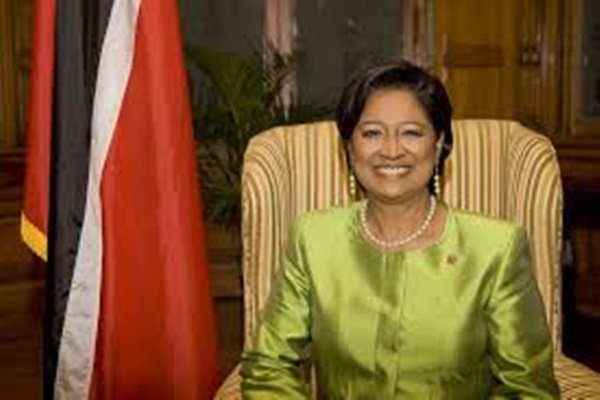
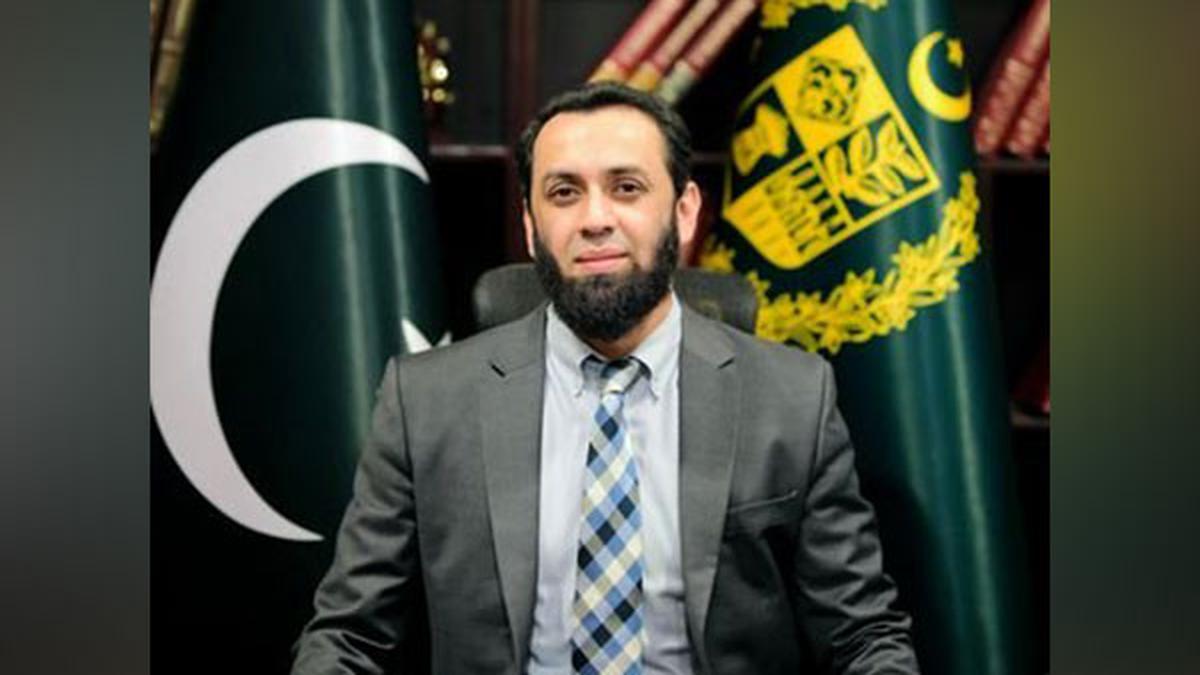
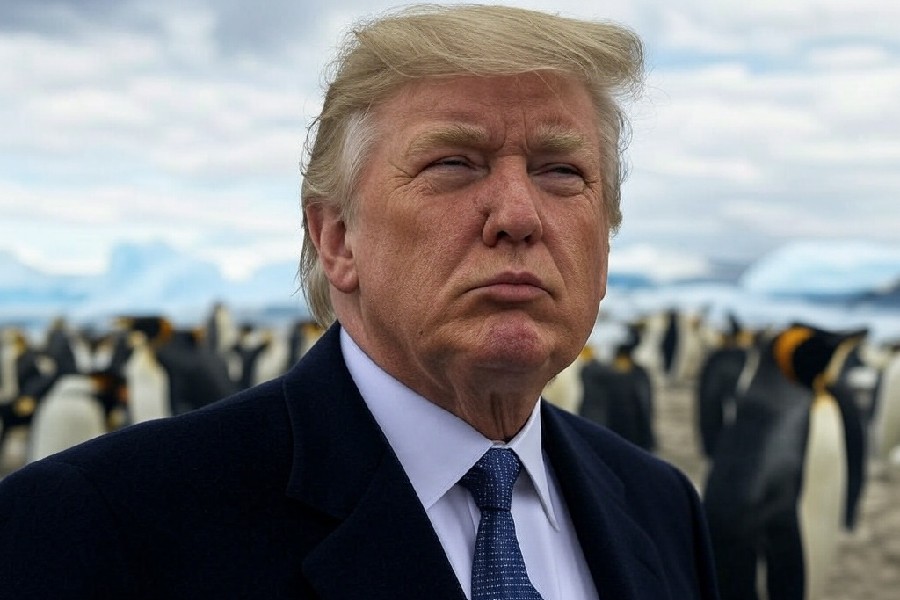
.jpg)


.jpg)
.jpg)
.jpg)
.jpg)
.jpg)
.jpg)
.jpg)
.jpg)
.jpg)
.jpg)
.jpg)
.jpg)

